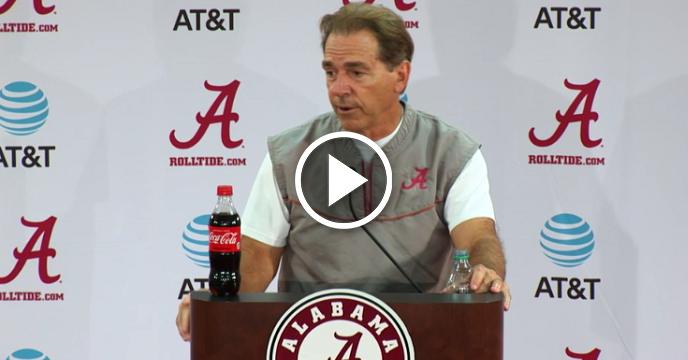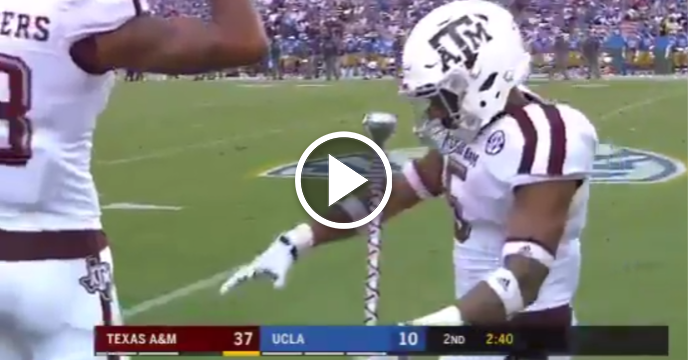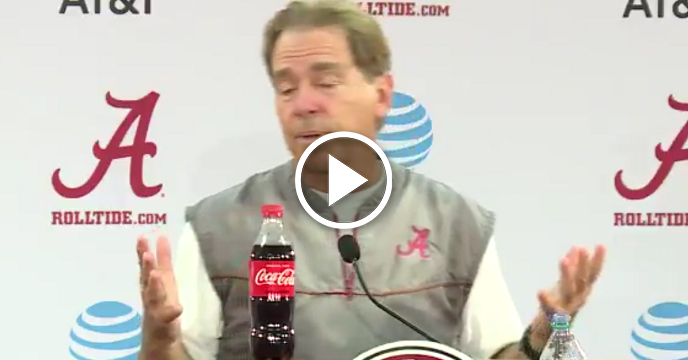
After winning seven straight national championships, the SEC has clearly established itself as the toughest conference in the country.
Or has it?
Despite dominating the gridiron for the last decade, there are still some people who think that navigating through a brutal SEC schedule isn’t the most grueling task in college football.
Texas Longhorns AD DeLoss Dodds is one of them. In a recent interview with the Daily Texan Online, he made the following comments:
“If you can go straight through our conference, it’s a direct line to the national championship. In the SEC, Alabama hadn’t played Georgia for four years. So there’s maybe some advantages to it. They play some non-conference games late in the season that soften their schedule. The Big 12 is a tougher road to get there than the SEC because of their scheduling abilities.”
Whether he was expressing his own opinion or zealously defending the company line, this statement simply isn’t true.
Dodds is absolutely wrong to imply that the SEC’s schedule is somehow weaker than the Big 12 just because its heavyweights don’t always play during the regular season. Sure, the Georgia Bulldogs and Alabama Crimson Tide haven’t met during the regular season since 2008, but that doesn’t mean that each school is playing against cupcakes every week. The SEC was historically strong last season, placing six squads in the top ten of the final BCS standings.
In other words, the SEC had twice as many teams in the top ten as the Big 12 had in the top 25.
The sentence above contradicts Dodds’ assertion that the SEC has an easier road to the national championship game because of its “scheduling abilities”. After all, it’s extremely difficult to avoid playing top-flight competition when 42% of the league resides in the top ten—regardless of when they play.
Believe it or not, the current scheduling format makes it tougher for SEC teams to play for all the marbles because they have the added burden of playing a conference championship game. If not for the SEC title game, Georgia (2012), Alabama (2008) and the Florida Gators (2009) each would have ended up in playing for a crystal football… against another SEC opponent.
While that’s not exactly an apples-to-apples comparison since the SEC doesn’t play a true round-robin schedule, it does demonstrate one important point: the only conference that’s been able to stop the SEC is the SEC.
Some things speak for themselves.
Terry Johnson is a college football writer for Rant Sports and a member of the Football Writers Association of America. Follow him on Twitter @TPJCollFootball and/or email him at
 Share
Share 










